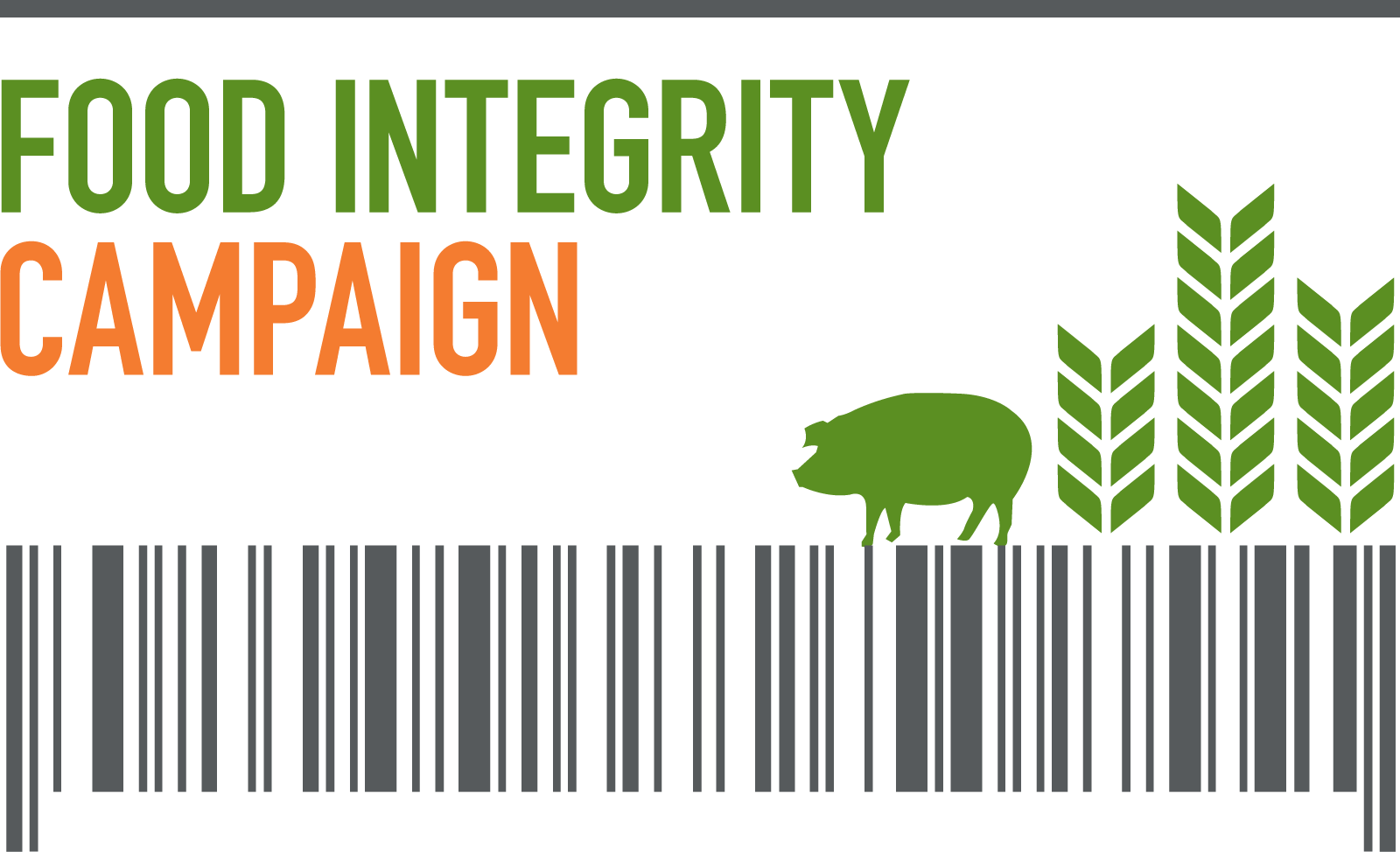The following op-ed was written by FIC Director Amanda Hitt.
Editor’s Note: While the Iowa Senate amendment did remove the specific language restricting undercover video, the bill is clearly aimed at holding whistleblowers who use such means to convey the truth legally accountable (More on this here).
Some things people just have to see to believe. Travesties that can take place behind food production facility walls are some of them.
Yesterday, the Iowa Senate passed legislation that illegalizes the act of taking undercover video at farms and similar facilities. Iowa is one of at least six states that currently have pending similar bills, commonly known as “Ag Gag” legislation, which would extend to all individuals – including plant workers who witness gross wrongdoing and threats to public health.
The bill, after being reconciled with the House version, will go to Governor Branstad. He should veto it.
Public debate over this issue has largely revolved around the rights of corporations vs. the concerns of animal rights groups. The latter certainly has an interest in ensuring that abuses are uncovered, and their efforts should be applauded. But what must also be considered are the rights of whistleblowers to protect Iowans, and all Americans, from serious public health threats.
My organization has protected, represented, and advocated on behalf of whistleblowers for nearly 35 years – many of them in Iowa. Unequivocally, we can state that undercover video is an indispensible resource that meat industry workers use to shine a light on unsafe practices that threaten citizens. Unfortunately, this method is often the only way to prove whistleblower allegations. Taking away the ability to record evidence of atrocities turns selfless acts of truth-telling into fools’ errands.
This serious issue affects current industry workers. In 2010, my client, the late Dr. Dean Wyatt, a courageous USDA public health veterinarian, spoke out against violations of food safety and humane handling. For years, Dr. Wyatt repeatedly cited two offending slaughterhouses for their actions, but his complaints not only fell on deaf ears, he was retaliated against for his actions. Dr. Wyatt’s concerns were finally validated when someone – rather, something – captured the truth. Unbeknownst to Wyatt, a nonprofit investigator recorded countless violations at the derelict slaughterhouse where he worked. The startling video rocked the government, prompting Congress to ask Dr. Wyatt to testify about his experiences. This, in turn, caused the USDA to reappraise its internal whistleblower system and violation reporting structures. Dr. Wyatt’s truth-telling led to other veterinarians stepping up to voice their concerns about problems with pathogens in meat safety.
Imagine if taking undercover video was illegalized not just at farms, but all food-related businesses. This would ensure that future bad actors – those whose customers buy goods from them directly – would get away with insidious behavior. The Food Lion scandal in the early 1990s epitomizes how, behind closed doors, the lust for profit can trump basic decency and care for the public welfare. Working with my organization, Food Lion employees began reporting rampant abuse of food safety that clearly put the public at grave risk. Their disclosures included allegations of grinding expired meat into sausage, washing green and slimy parts off of product, soaking poultry in bleach to conceal spoilage, and slapping tomato sauce on expired chicken – selling the new ‘enhanced’ product at a premium price. These practices would never have reached the public without a national media outlet’s undercover exposé confirming the worker’s allegations. Without that crucial video, Food Lion’s unsavory practices would have continued unabated.
Whistleblowers are the eyes and ears of the public. They are the first – and sometimes sole – line of defense to safeguard our society. Employees who speak up are routinely dismissed or discredited. With companies and workers at odds, video is often the final arbiter of truth.
It’s difficult enough already for workers to risk their livelihood for society. Gov. Branstad shouldn’t make it harder for tomorrow’s Food Lion employees or Dr. Wyatts to do the right thing.
